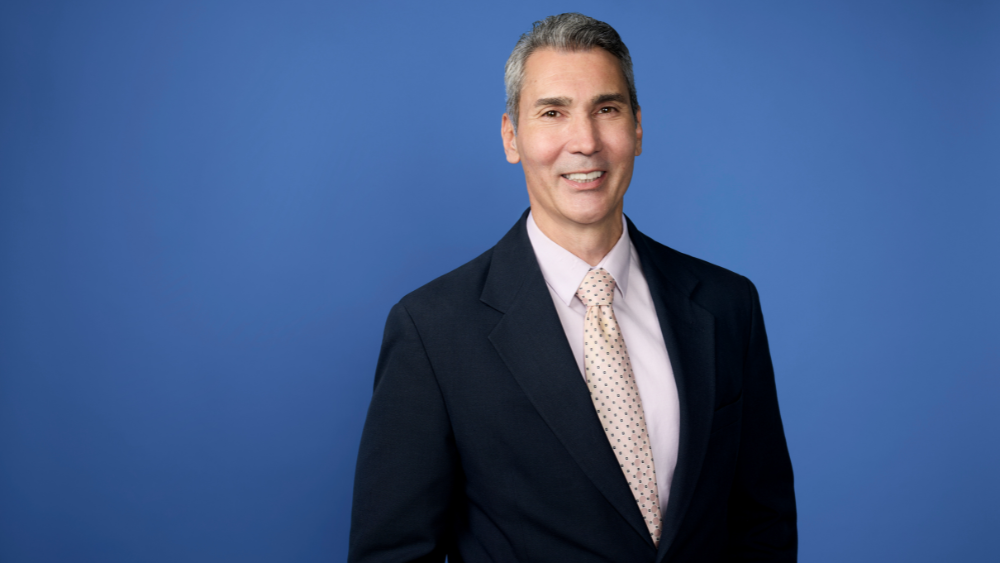Journalists like Mario Guevara should not be arrested for doing their jobs

Before being arrested by DeKalb County authorities at a protest against Trump era immigration raids, journalist Mario Guevara posted a message on Instagram to his nearly 91,500 followers.
He began by writing: “I know some of you will be bothered by what I’m about to say, but I prefer to speak up and not be quiet, so that we can prevent an unfortunate incident. There are protests against Immigration and Customs Enforcement (ICE) in diverse parts of the United States, but it’s not worth it for people to protest violently or to be disrespectful to the authorities,” Guevara wrote in Spanish.
Guevara, who has reached an audience of millions on social media with his coverage of immigration raids and protests, intended to cover the June 14 protest lawfully. He even identified himself as a member of the press when law enforcement approached him, according to his video live stream.
However, he ended up in jail on minor charges of obstruction of law enforcement, unlawful assembly and walking along a roadway. Now, he is in ICE custody and faces deportation. On jJune 19, the Gwinnett County Sheriff’s Office filed new misdemeanor charges against him unrelated to the protest involving his coverage of ICE “for distracted driving, failure to obey traffic control device, and reckless driving.”
That amounts to a heavy-handed reaction for activity protected by the Constitution.
Guevara has been working on gaining permanent legal status and has a work permit, according to his attorneys, but Americans this year have seen the Trump administration detain and deport immigrants for minor infractions and paper work mistakes.
What this appears to be is an effort to silence a gadfly whose coverage became annoying to the authorities.
Bill of Rights enshrines freedom of the press
In protests over the years, be they anti-ICE protests in Los Angeles or Black Lives Matter demonstrations in Detroit, journalists have found themselves in the crosshairs of law officers just for doing their jobs.
Some have been arrested as in the case of Guevara. Others have been maimed by non-lethal weapons such as rubber bullets to the eye or leg.
Journalists who are serious about serving their communities care deeply about covering the news ethically, fairly, accurately and lawfully.
They sometimes enter situations that upset people in power and are prone to receiving abuse (“enemy of the people”), threats and harm.
They keep doing it because it is a calling to shine light on how local, state and federal leaders treat and serve the people of and in this country.
The Founding Fathers knew this when they enshrined freedom of the press among the five freedoms of the First Amendment of the Bill of Rights in 1791 because they lived through an oppressive regime. The other freedoms are religion, speech, petitioning the government and assembly.
In effect, our Constitution prevents the government from establishing laws that infringe upon these rights. While courts have ruled that public safety concerns can allow restrictions to maintain order, more freedom is better than less freedom.
Journalists cover the news but may face threats and abuse

I chose to go into journalism 25 years ago because I wanted to tell the stories of people and share them with the public.
As a reporter, I covered municipal meetings, health care, and schools. My first editor job was leading the Spanish-language news weekly Gaceta Tropical in Southwest Florida. In both roles, I covered protests against the war in Iraq, in opposition to globalization and in response to a 2006 proposal during the President George W. Bush era to make being an undocumented immigrant a crime versus a civil offense.
The protests in some cases were massive and the police presence was large. There existed the danger of getting hurt, harassed or arrested.
In those roles, I was not there to provide my opinion or commentary on the events. I was there to describe what I saw, and I took great pride in being able to report on the situation from the ground.
This was the time before smartphones or social media, so an incident involving a run-in with authorities would not have been streamed for the world to see.
Today, as an opinion writer, I can laud law enforcement for keeping the peace, but I can also criticize them when they go too far.
They have a duty to keep the streets safe from threats to public safety, but they also have a responsibility to restrain themselves from overzealous abuse of power. Sometimes tense situations can create uncertainty and lead to crossing the line, but that does not mean it is acceptable. Nor is it acceptable for protesters to break the law or make others feel threatened.
Mario Guevara knew that, which is why he wrote what he did on Instagram.
The rest of his message is full of advice for would-be protesters including, do not make the Hispanic community look bad, consider staying home if they are undocumented and do not wave flags from another country.
“It figures that we want to be legalized, so we must show our love for this land, which is true, as many of us have grown to love this country despite the fact that it’s not our country, but I am sure I would take up arms to defend this country.”
He encouraged members of his audience who disagreed with him to respond with “respect and education” and avoid insults.
Guevara should never have been detained for embracing his calling and he should not be deported.
Journalists should not be arrested for doing their jobs on behalf of the American people.
David Plazas is the opinion editor of The Atlanta Journal-Constitution and serves on the editorial board. Email him at david.plazas@ajc.com.


